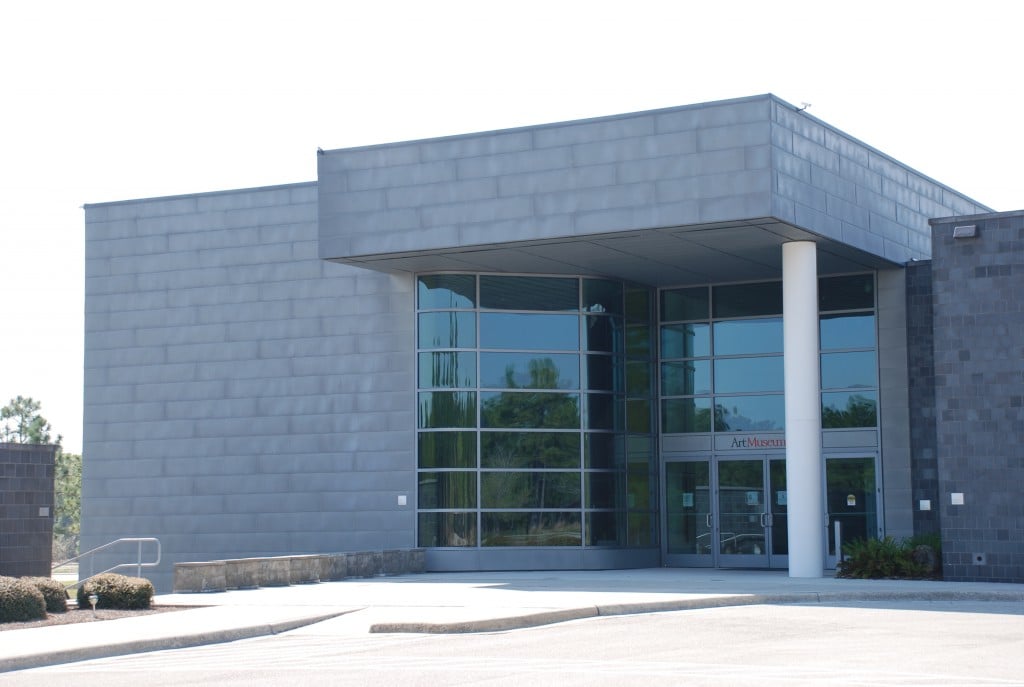DEA looking for Ebonics translators
WILMINGTON, NC (WWAY) — Ebonics, or African-Americanized English, is causing headaches for the US Department of Justice. So the Drug Enforcement Administration is looking to hire nine translators to listen to wiretaps especially in the Southeast. Linguistic experts recognize Ebonics as a dialect of that formed from rhythm and sound. "Just like you have British English, you have Australian English, you have Jamaican English, you have English spoken in Ireland, so you have Black English," said Dr. Maurice Martinez. He teaches a lecture on Ebonics to education students at UNCW. Martinez says the dialect formed during slavery when it was illegal to teach slaves to read or write, so they used ebonics to communicate without getting into trouble. The DEA says dealers and users now use the dialect for the same reason. "As a new narcotics officer, I did get lost in the translation a little bit, but it quickly becomes second hand to you," said Sgt. Leslie Wyatt, an officer in the New Hanover County Sheriff’s Office’s Vice and Narcotics Unit. He says the average person wouldn’t understand a typical conversation between a dealer and a user. Martinez says the importance of a concept can be judged by how many words people have for that concept. "Snow is very important to an Eskimo: hard snow, soft snow, slushy snow, crispy snow," Martinez said. Wyatt says that’s why dealers and users have so many names for drugs like cocaine. "From ya-yo, to ya, to white, or girl, powder, the list goes on," he said. "And as soon as the mainstream picks it up, guess what they do? They drop it and invent a new one. So it’s constantly changing." That’s why the DEA is recruiting translators for more than 100 languages and dialects, including Ebonics. But Wyatt says drug dealers don’t really use a dialect. Instead they speak in code. "We’ve had some people say, I want to play basketball at 5:00,’ and that’s referring to, ‘I want five pounds of marijuana,’" Wyatt said. It all just adds some linguistic complexity to the war on drugs.
Click here to view "Black American English: No Child Left Behind" by Maurice Martinez, Ph.D
For the full interview, click below…





Leave a Reply